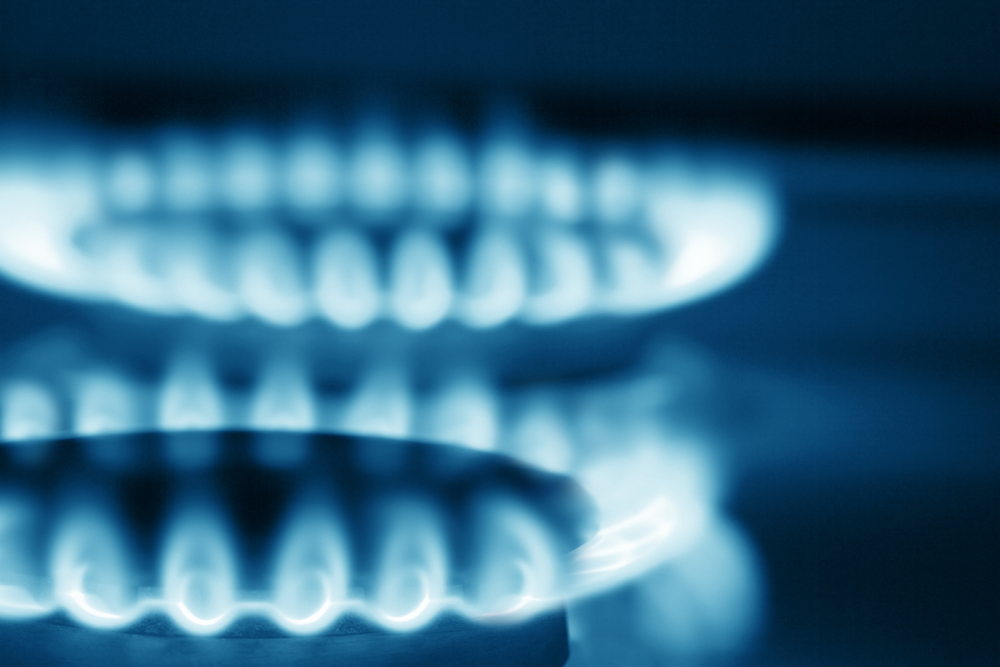Household Bills
Ovo becomes first supplier to launch sub-price cap fixed energy deal…but there’s a catch

Guest Author:
Emma LunnOvo Energy’s new tariff is £225 less than the government’s Energy Price Guarantee – but should you switch to it?
Ovo is the first major energy supplier to launch a competitive fixed price tariff since the energy crisis begun.
Ovo’s 1 Year Fixed 23 March 2023 deal will work out at £2,275 a year for dual fuel for the typical household. This is below the Energy Price Guarantee which is £2,500. Chancellor Jeremy Hunt announced in the Spring Budget that the guarantee will remain at the same level until June 2023.
Not for everyone
However the Ovo deal is not available to all customers. At the moment, it’s only for existing Ovo customers or through MoneySuperMarket for households registered for its energy alerts. Those who sign up to the tariff must pay by direct debit.
How much does the fixed tariff cost?
Ovo 1 Year Fixed 23 March 2023 is available as dual-fuel, electricity only, or Economy 7.
For a household using both gas and electricity it will cost an average of £2,275 a year based on typical use. If you want to leave before March 2024, exits fees are £75 per fuel.

Wellness and wellbeing holidays: Travel insurance is essential for your peace of mind
Out of the pandemic lockdowns, there’s a greater emphasis on wellbeing and wellness, with
Sponsored by Post Office
Should you switch to the Ovo deal?
Martin Lewis, founder of MoneySavingExpert, has looked at Ovo’s fixed tariff in detail. At the moment, he’s generally advising energy customers not to switch to it.
He said: “People need to be very careful not to just jump on a fix because it costs less than they’re paying right now. If you’re on a standard tariff, the rates you pay are governed by a cap. That cap is currently set by the Energy Price Guarantee, and will stay roughly stable until the end of June.
“After that, because wholesale rates – the rates energy firms pay – have dropped, it’s likely the price cap will drop, and on current predictions, that means you’ll start paying 20% lower rates than now. That price is predicted to stay around that point until the end of the year, and into early 2024, though it changes every three months and the further ahead you get, the hazier the crystal ball gets.
“So based on those predictions, unless a fix is more than 15% cheaper than your current standard tariff – and this one isn’t – it’s unlikely to be cheaper over the year. Having said that, these are just predictions, things can change rapidly, and the one advantage of a fix is you get price certainty, so if you really value that, you may decide to fix even at a higher rate.”